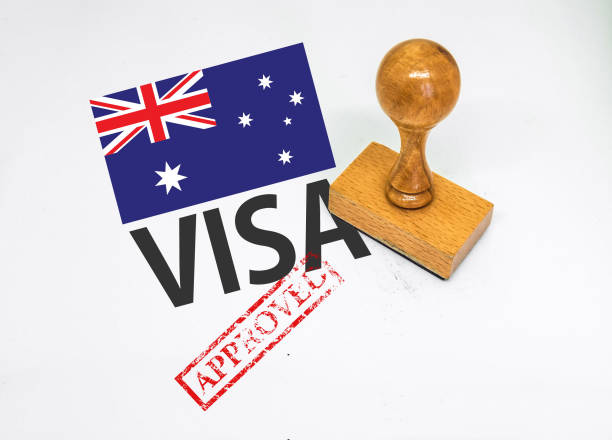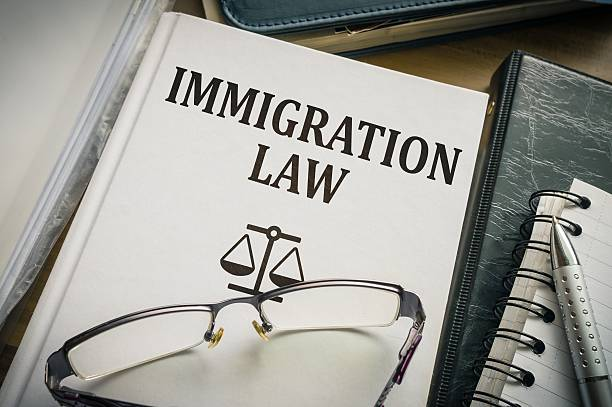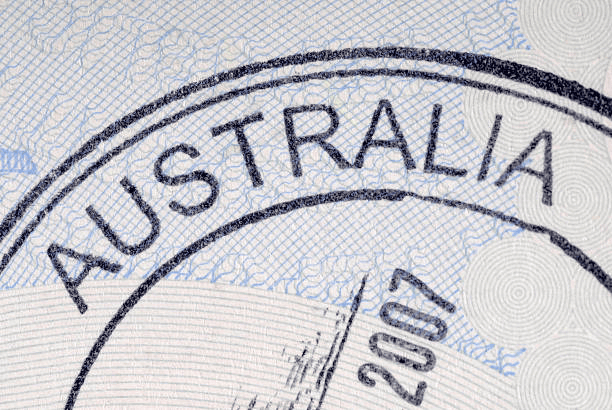Why do you need bridging visas in Australia? It is because a bridging visa allows you to remain in Australia lawfully while the DHA processes your application for another visa. This is important because if your current and valid visa expires while you are waiting for a new visa, you could become an unlawful non-citizen and may be subject to deportation.
In the realm of Australian immigration, bridging visas guide aspiring migrants through the transitional phase between visas. It ensures their continued lawful presence in the country. It serves as a bridge, spanning the chasm between the expiration of one visa and the granting of another.
Here are a few benefits of having a bridging visa in Australia:
1. Lawful Stay in Australia
A bridging visa is a temporary visa. It allows you to stay in Australia lawfully while DHA processes your visa application. Bridging visas can serve different purposes. Most commonly, they bridge the gap between a former visa and the visa that you are applying for.
Bridging visas can be both simple and highly complex. There are different types of bridging visas with different conditions and rights:
- Bridging Visa A (BVA)
- Bridging Visa B (BVB)
- Bridging Visa Type C (BVC)
- Bridging Visa D (BVD)
- Bridging Visa Type E (BVE)
If you wish to learn more about the types of bridging visas, read our article on the topic here.
2. Permission to Work
Under a Bridging Visa A (BVA), work rights can vary depending on the individual’s circumstances and the type of visa they held at the time of application. Here are some key points to consider:
- BVA work rights generally come into effect once the previous visa (e.g., student visa) expires.
- BVA work rights may not be the same as the previous visa’s work rights. To determine if a BVA has work rights, check the visa type that you are applying for, as some visas automatically grant full work rights on a BVA, while others may have restrictions.
- Bridging A and B visas usually have the same work rights as the visa held at the time of application.
- Bridging C and E visas generally do not permit work, but it may be possible to apply for work rights under certain circumstances.
- A Bridging Visa D will allow you to stay in Australia for a short period if your current substantive visa has expired. This period is just sufficient to enable you to submit a valid substantive visa application, prepare to leave Australia, or receive a Bridging Visa E.
- The DHA typically grants a BVA with work rights to onshore employer-sponsored and partner visa applicants.
- If you receive a BVA without work rights, it may be possible to apply for another BVA with work rights by demonstrating financial hardship.
- BVA travel rights are limited, and leaving Australia without a substantive visa may result in the BVA being cancelled, making it difficult to return.

3. Family Inclusion
You can include family members in bridging visas. Generally, if you are onshore and you have applied for substantive visa, it automatically activates your Bridging visa A status. If you and your family have applied together for a substantive visa in Australia, you might have also applied together for a BVA. If you apply separately for a BVA, you can include members of the family unit in your BVA application if they are a part of your substantive visa application.
The Department of Home Affairs (DHA) will assess each member of the family unit’s application and decide which bridging visa to grant them.
4. Versatility of Bridging Visas
Bridging visas can have different purposes and can be granted for a number of reasons, making them a flexible option for individuals in various situations. For one, the DHA can grant bridging visas to different groups of people, including asylum seekers who are seeking a protection visa in Australia.
Moreover, this type of visa is versatile because it can be used strategically to remain in Australia while becoming eligible to migrate. Many people live and work in Australia for many years as bridging visa holders while waiting for a visa application to be finally decided on the basis of the law.
5. Bridge between Visas
As we have discussed, bridging visas in Australia are temporary visas that allow a person to remain in Australia for a specified period while their substantive visa application is processed and finally determined. Bridging visas can be used as a bridge between visas, and they keep you in Australia lawfully until your formal visa status is resolved.
6. Travel Flexibility
Bridging visa B (BVB) comes with a specified travel period. You can leave and re-enter Australia during this travel period. When the DHA determines the BVB travel period they will consider:
- why you want to travel
- when the DHA is likely to decide on your substantive visa application
When you apply for this visa, please provide evidence of your reason for travel outside Australia and inform the DHA when you intend to travel.
7. Preparation for Departure
Bridging Visa E (BVE) allows individuals to stay in Australia lawfully while they make arrangements to leave the country, finalise their immigration matter, or wait for an immigration decision. However, if your departure is postponed and your BVE is expiring, the visa cannot be extended to allow you to remain in Australia longer. You will need to apply for a new BVE or look into alternative visa options if you are unable to leave Australia or settle your immigration issue by a deadline.

Consult an Immigration Lawyer Today
If you are considering applying for a bridging visa, it is important to seek legal advice from an experienced migration lawyer. Migration lawyers can help you to:
- Assess your eligibility for a bridging visa
- Complete the bridging visa application form
- Gather the required supporting documentation
- Submit the bridging visa application to the Department of Home Affairs
- Represent you at any interviews or hearings if necessary
- Appeal the decision if the DHA refuses your application
If you are unsure of what to do, you need to hire a migration lawyer for your visa application. A migration agent can and advise you on the best course of action. Schedule a consultation with one of our experienced migraiton lawyers at JB Solicitors today.
Contact us through this link.
